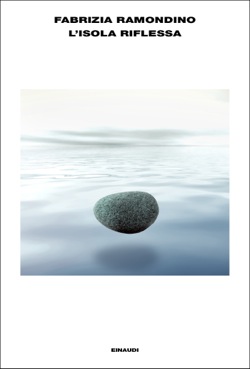“The island is deserted – I myself am.”
Ventotene is perhaps the most special of the Italian islands: a land of tourism and confinement, the cradle of Europe, light open to the horizon and a closed gaze on the panopticon of Santo Stefano prison. Ventotene was also the landing place of a great writer who had lost her way. Rereading this book today, twenty years after its first edition, is surprising for the liveliness of the form and the intensity of the voice.
Holiday paradise, hermitage, prison with rock bars and salt water: an island never has only one face. In the same way, “The Reflected Island” is a book with a composite soul: an act of love, a baggage of historical references and intellectual digressions, a notebook of intimacy and harshness of an exceptional woman who decides to stop in a moment of fragility.
Fabrizia Ramondino spends an intense season in Ventotene, trying to get out of the shadow of alcoholism and depression. The island questions her, welcomes her and rejects her. Thus, personal experience is intertwined with the stories that have populated the island for centuries: from the medieval hermits to the Enlightenment experiment of re-education of convicts and prostitutes (which ended by having them build the prison that would have locked them up), up to to the “presumed suicide” of Gaetano Bresci, to the confinement of anti-fascists such as Pertini and to the drafting of the first European federalist Manifesto, signed by Altiero Spinelli, Ernesto Rossi and Eugenio Colorni. The contradictions of the place and those of the soul are only reflected in these lively, throbbing pages, of a painful and fulminating intelligence.
